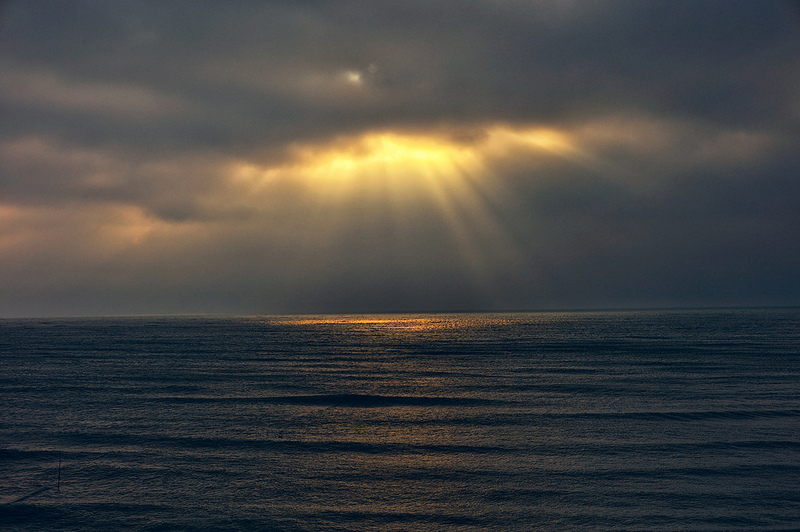 John Blaxland recently argued on The Strategist that China is largely responsible for tensions in the Asia–Pacific. Indeed, its new ‘10-dash line’ is likely to increase the fears of its neighbours about Beijing’s expansive territorial claims. The new map is particularly worrisome for Taiwan, which has already initiated steps to counter China’s assertiveness.
John Blaxland recently argued on The Strategist that China is largely responsible for tensions in the Asia–Pacific. Indeed, its new ‘10-dash line’ is likely to increase the fears of its neighbours about Beijing’s expansive territorial claims. The new map is particularly worrisome for Taiwan, which has already initiated steps to counter China’s assertiveness.
Released in January this year, China’s ‘10-dash line’ declares 80% of the South China Sea Chinese. The 10 dashes are not Beijing’s only claim—there are dozens more beyond that, including the dispute with Japan over the Senkaku/Diaoyu islands. Significantly, it also asserts Taiwan to be a part of China’s sovereign territory, which is reinforced by the new ‘10th dash’ off the east coast of Taiwan.
The new dash complicates cross-strait relations. It reiterates China’s long-standing assertion of sovereignty over Taiwan, not only subsuming China and Taiwan’s identical claims in the South China Sea, but also those regarding the Senkaku/Diaoyu islands. The identical claims are based on a 1947 Kuomintang nationalist government map containing 11 dashes. The map was adopted by the Chinese communists and adjusted when President Zhou Enlai deleted two dashes in the Gulf of Tonkin. China and Taiwan both argue that historical documents show the islands are a part of Taiwan. For the mainland, which claims that Taiwan is part of its territory, by extension Taiwan’s claims become its own.
On the surface, China’s maritime territorial grab seems in line with current cross-strait relations. President Ma Ying-jeou’s China-friendly government was re-elected in 2012, and closer economic and political ties have seemingly diminished the possibility of conflict in the Taiwan Strait.
But Taiwan’s political leadership has made clear that its claims of sovereignty are incompatible with China’s, and has refused support from Beijing in maritime skirmishes with other claimants, particularly the Philippines. Accepting China’s support would not only be an acknowledgement of re-unification, but could also damage Washington and Tokyo’s willingness to support Taiwan. In October 2012, Taiwan’s Economic and Cultural Office released full page ads on its ‘East China Sea Peace Initiative’ in The Los Angeles Times, The New York Times, The Wall Street Journal and The Washington Post, announcing that Taiwan is ‘committed to the peaceful resolution because at the heart of the dispute are islands that belong to Taiwan’. Taiwan’s de facto ambassador to Australia, Katherine Chang, has also reiterated that while Taiwan promotes joint development of the South China Sea, its sovereignty over the Spratly Islands can’t be compromised.
China’s claims to sovereignty over Taiwan have implications that extend beyond cross-strait waters, especially in the South China Sea. Taiwan has already increased investment in the modernisation of its military area-denial capabilities. It also controls Taiping, the largest of the Spratly Islands, which is home to one of only two airstrips in the area long enough to accommodate larger aircraft such as the C-130 Hercules. Taiwan has budgeted US$116.5 million over the next three years to build a wharf on Taiping, which will enable the landing of heavy equipment to extend the runway. In August 2012, Taipei assessed the feasibility of adding 300–500 m to the existing 1,150 m runway. This followed an announcement in February 2012 that Taiwan would construct a seven-metre high tactical air navigation facility on the island to facilitate instrument landings. Three months later, Taiwan formed a special airborne unit capable of scrambling to the Spratlys in just hours.
If and when the extended airstrip is completed, it could serve as a base for Taiwan’s upgraded maritime patrol aircraft. A P-3C Orion completed its first trial flight in July 2012, and throughout this year Taiwan will take delivery of 12 P-3C Orions as part of a 2007 arms deal with the US. The US$1.9 billion deal includes anti-submarine warfare capabilities. The aircraft will bolster Taiwan’s ability to monitor a sizable portion of the South China Sea, as well as potentially assisting the US and Japan in existing surveillance efforts. By the end of this year, Taiwan will also receive the first batch of 30 Block III Apache AH-64D attack helicopters, further strengthening its sea-denial capability.
Taiwan’s Ministry of National Defense (MND) remains committed to defense of its sovereign claims over the South China Sea. The completion of the installation of a number of cannons and mortars was completed in August 2012, and the Chairman of the Foreign and National Defense Committee, Lin Yu-fang, called on the MND to consider deploying Taiwan’s Tien Chien I (‘Sky Sword’) missiles to Taiping to bolster its defensive capabilities.
Such moves potentially raise the stakes for all concerned. The ‘10-dash line’ adds fuel to an already volatile East Asia and sends a disturbing signal to China’s neighbours that Beijing is unwilling to compromise on its territorial claims.
Sheryn Lee is a PhD candidate at the Strategic and Defence Studies Centre, the Australian National University. Image courtesy of Flickr user thomas@flickr

